Good At Being Rich | Week 3 | Pastors Melissa Pierce
Embracing Stewardship: A Path to Purpose and Fulfillment
In a world where consumption often overshadows contentment, understanding the principles of stewardship can transform not just our resources but our lives. This blog dives into the powerful message shared at Generation Church, exploring the biblical foundation of stewardship and its practical implications for our daily lives.
Introduction
Stewardship is more than just managing resources; it is a holistic approach to life that encompasses our time, energy, and talents. When we embrace stewardship, we begin to see the potential in what we already possess. This section will explore the essence of stewardship and its significance in our lives.
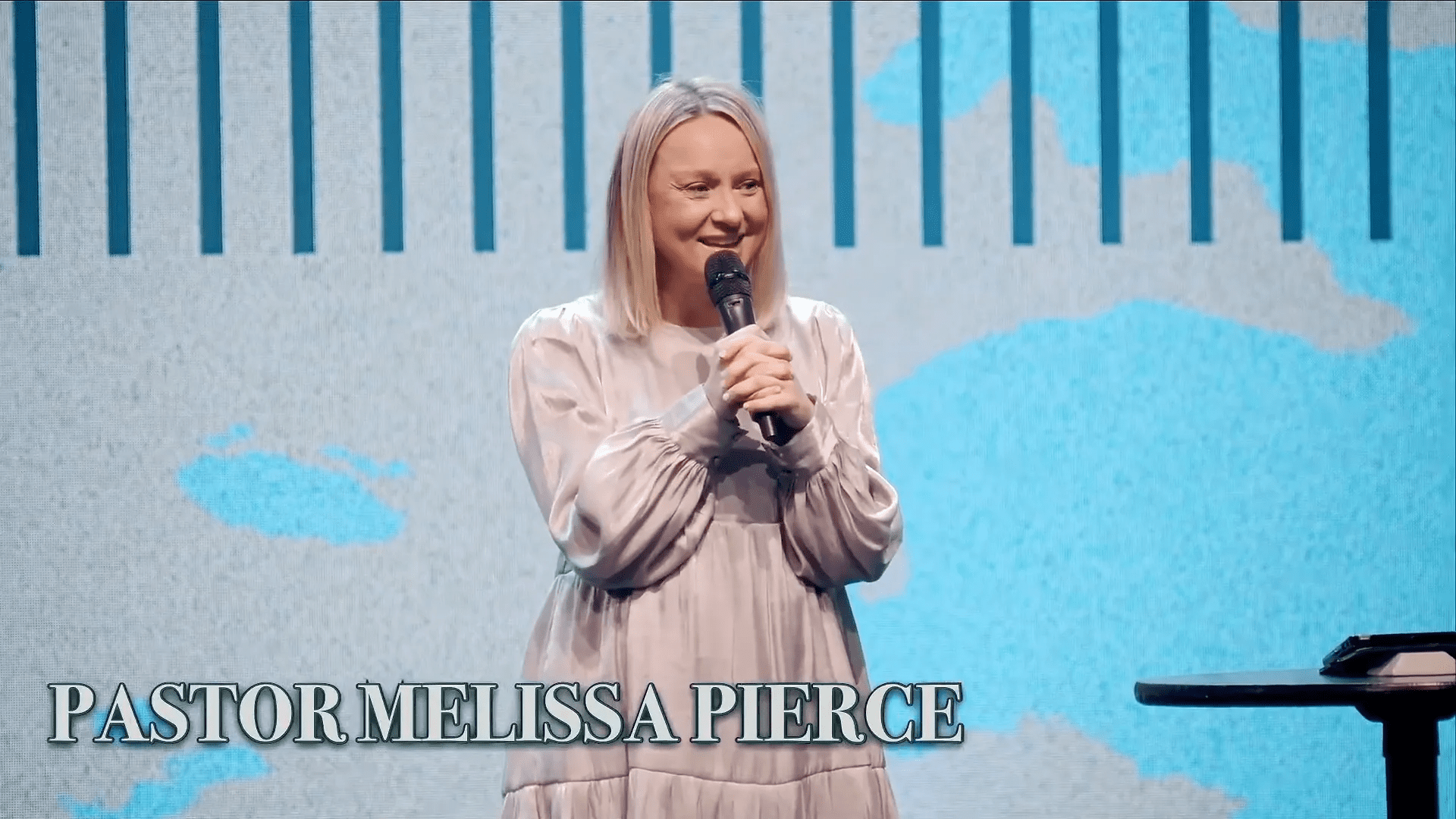
Understanding Stewardship
Stewardship is rooted in the understanding that everything we have is a gift. It’s about recognizing our role as caretakers of these gifts. This perspective shifts our focus from mere possession to purposeful management.
True stewardship encourages us to cultivate our resources, allowing them to flourish rather than merely exist. It invites us to engage actively with our lives and communities, fostering growth and connection.
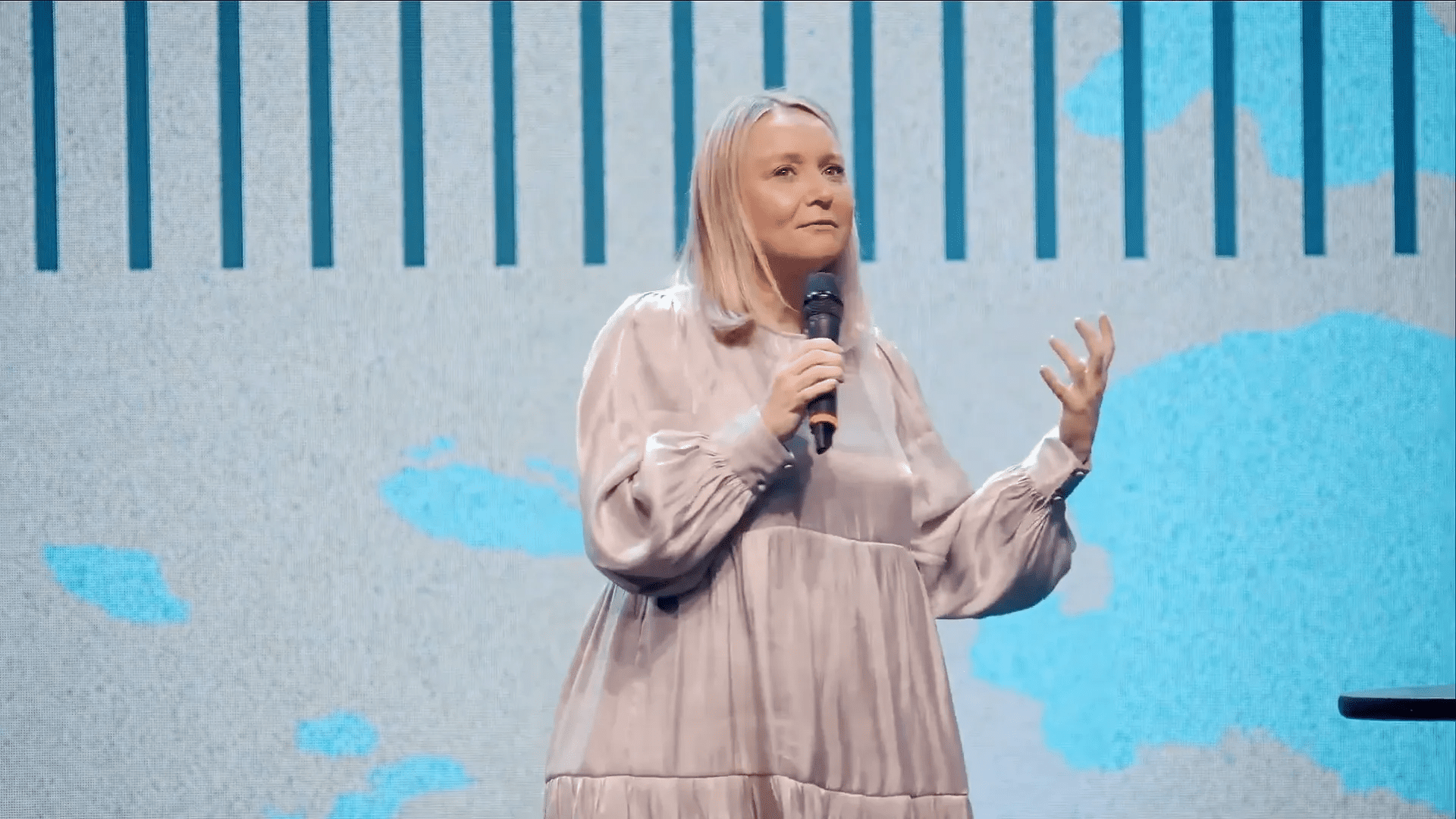
Stewardship in Action
Implementing stewardship in our daily lives can take many forms:
- Time Management: Prioritising tasks that align with our values and goals.
- Financial Wisdom: Making informed decisions about spending and saving.
- Community Engagement: Volunteering time and skills to uplift others.
Each of these actions contributes to a greater sense of fulfillment and purpose, aligning our daily activities with our long-term aspirations.
What I’ve Learned
Throughout my journey in stewardship, I have discovered invaluable lessons that have reshaped my outlook on life. These lessons have not only enhanced my personal growth but have also positively impacted my relationships with others.
Lessons on Contentment
One of the most profound lessons I’ve learned is the importance of contentment. In a world driven by consumption, I realized that true happiness doesn’t come from acquiring more but from appreciating what I already have.
This shift in mindset allows me to focus on gratitude rather than longing. It fosters a sense of peace and satisfaction, enabling me to enjoy the present moment fully.
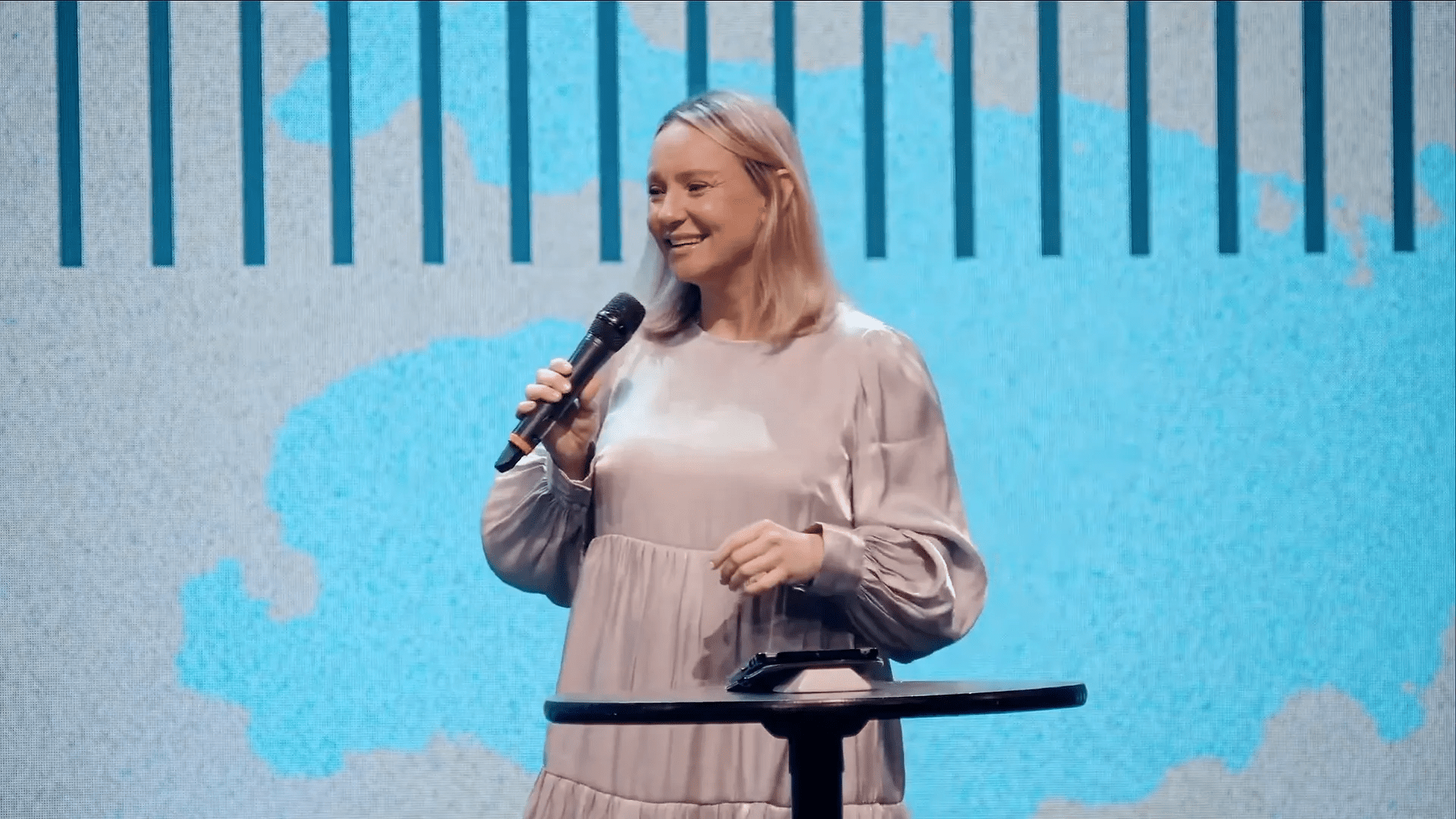
Redefining Freedom
I once thought freedom meant doing whatever I wanted. However, I have come to understand that true freedom lies in having a structured plan. By managing my resources wisely, I can enjoy the freedom to pursue my passions without the burden of chaos.
Breaking Generational Chains
Stewardship has empowered me to break free from limiting beliefs inherited from previous generations. Understanding these principles has allowed me to rewrite my family’s narrative, setting a new course for future generations.
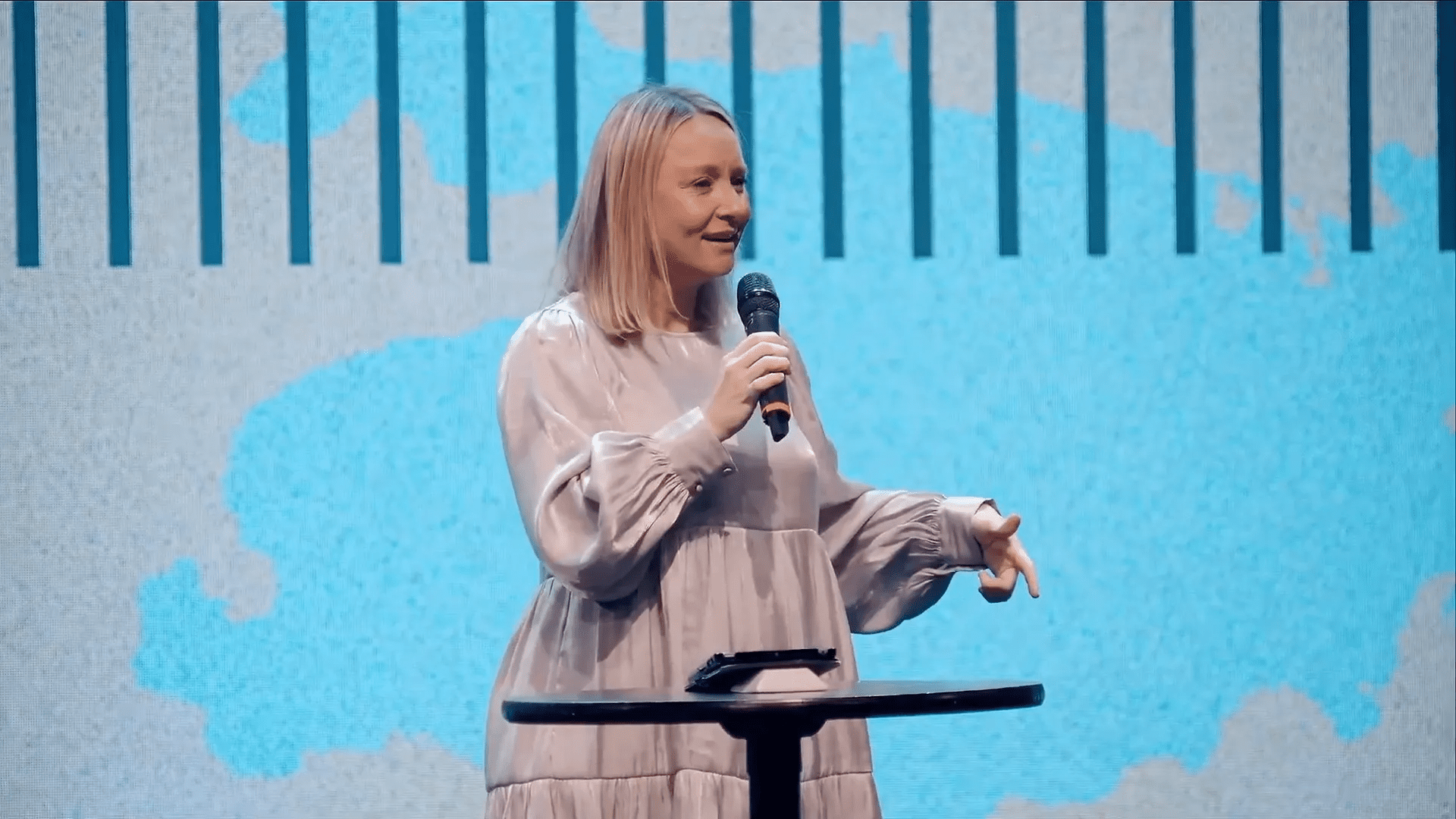
Myths Surrounding Stewardship
Despite its importance, many myths about stewardship persist. These misconceptions can prevent individuals from embracing stewardship in their lives.
Common Myths
- Stewardship is Boring: Many believe that managing resources is tedious, but it can lead to more enjoyable experiences in the long run.
- I Don’t Have Enough: This myth suggests that only those with abundant resources can practice stewardship. In reality, stewardship can begin with even the smallest amounts.
- Stewardship is Complicated: Some view stewardship as a complex process, but it can be as simple as making conscious choices about our resources.
- It’s Too Late for Change: Many think that they have missed their chance to improve their stewardship. However, it’s never too late to start making positive changes.
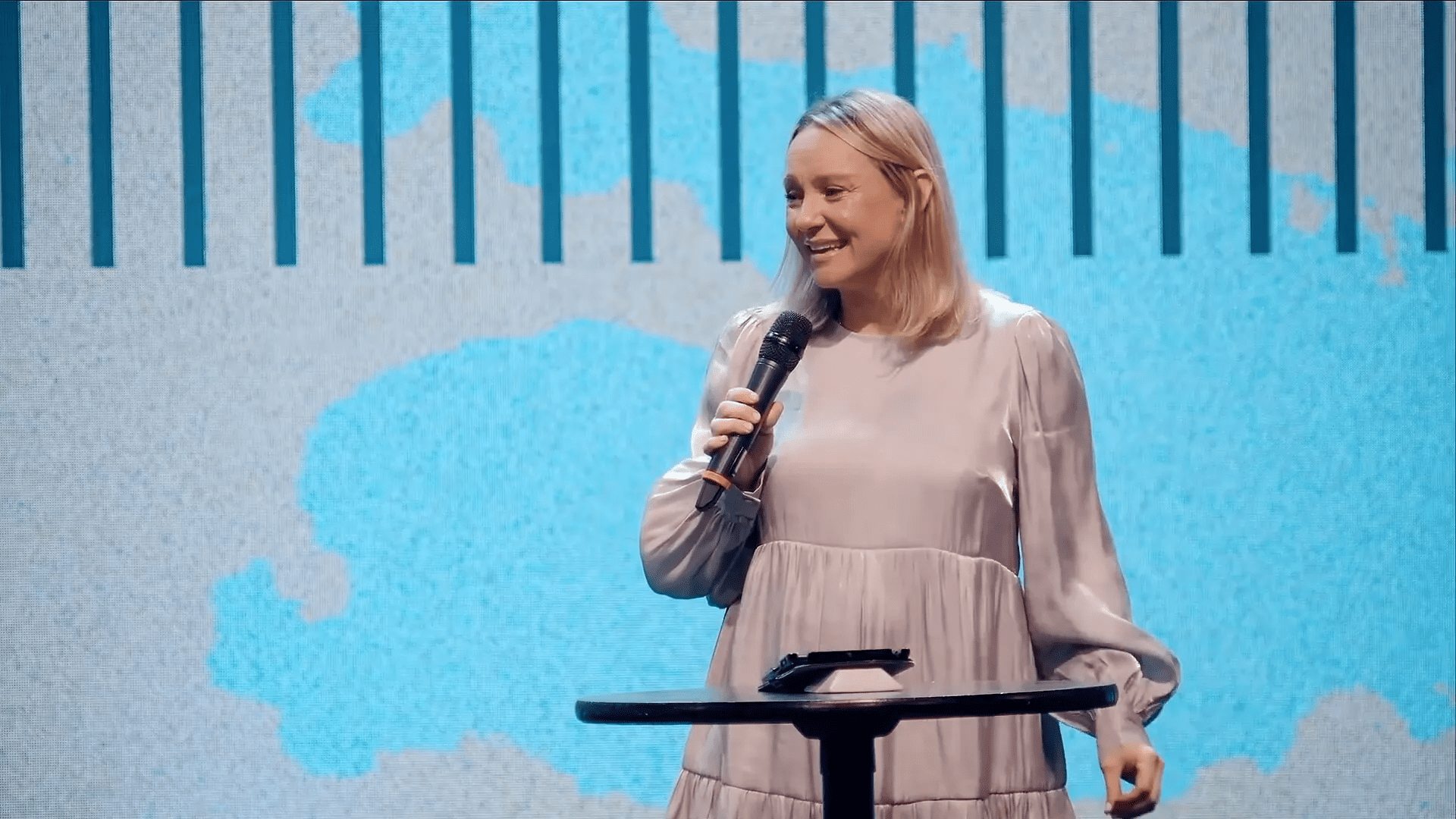
The Truth About Stewardship
It’s essential to challenge these myths and embrace the truth about stewardship. Understanding the core principles can unlock new opportunities for growth and fulfillment.
The Power of Intentionality
Stewardship is not about how much you have but how intentionally you manage what you possess. By focusing on intentionality, you can transform small resources into significant impacts.

Trust in God and Yourself
At its heart, stewardship is about trust—trusting in God’s provision and trusting ourselves to manage our resources wisely. This dynamic relationship empowers us to navigate life with confidence and purpose.
Redemption of Time
Time is a precious, non-renewable resource. However, through stewardship, we can learn to redeem our time, making the most of every moment. This practice encourages us to live with intention, prioritizing what truly matters.
Embracing Generosity
Generosity is a natural byproduct of stewardship. When we manage our resources well, we open ourselves up to opportunities for giving back to our communities and supporting those in need.
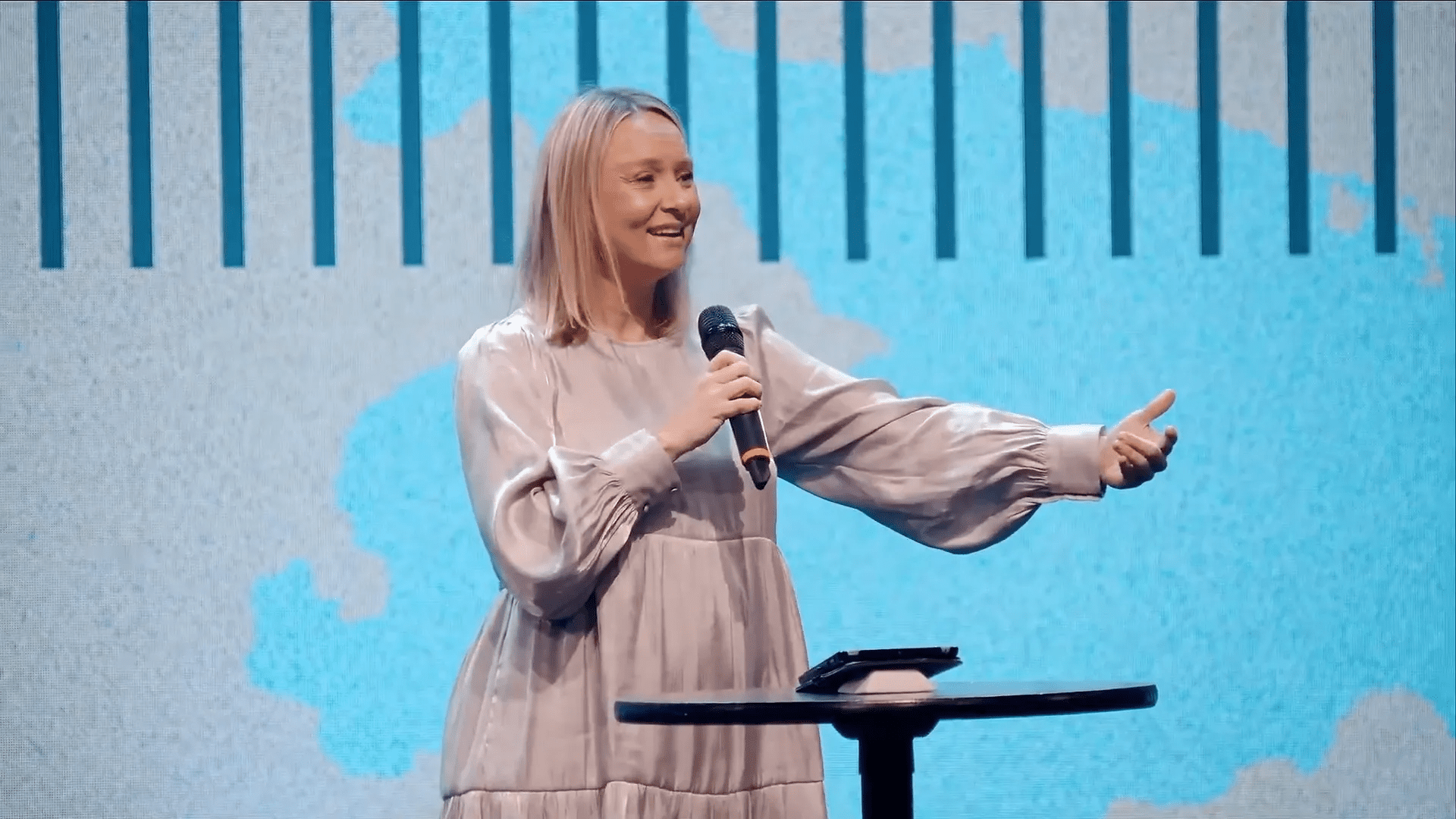
Key Takeaways
As we navigate the complexities of stewardship, it’s vital to remember that it is a journey of growth and transformation. Each step taken in the intentional management of our resources leads us closer to a fulfilling and purposeful life.
Matthew 25:14
In Matthew 25:14, we encounter a profound parable that illustrates the essence of stewardship. The passage describes a master who entrusts his servants with varying amounts of talents, a form of currency, before embarking on a journey. Each servant receives a sum according to their abilities—five talents to one, two to another, and one to the last.
This allocation is significant; it underscores the idea that while each individual is given different resources, the expectation is the same: to manage and multiply what has been entrusted to them. The diverse gifts and talents represent our unique capabilities and opportunities.
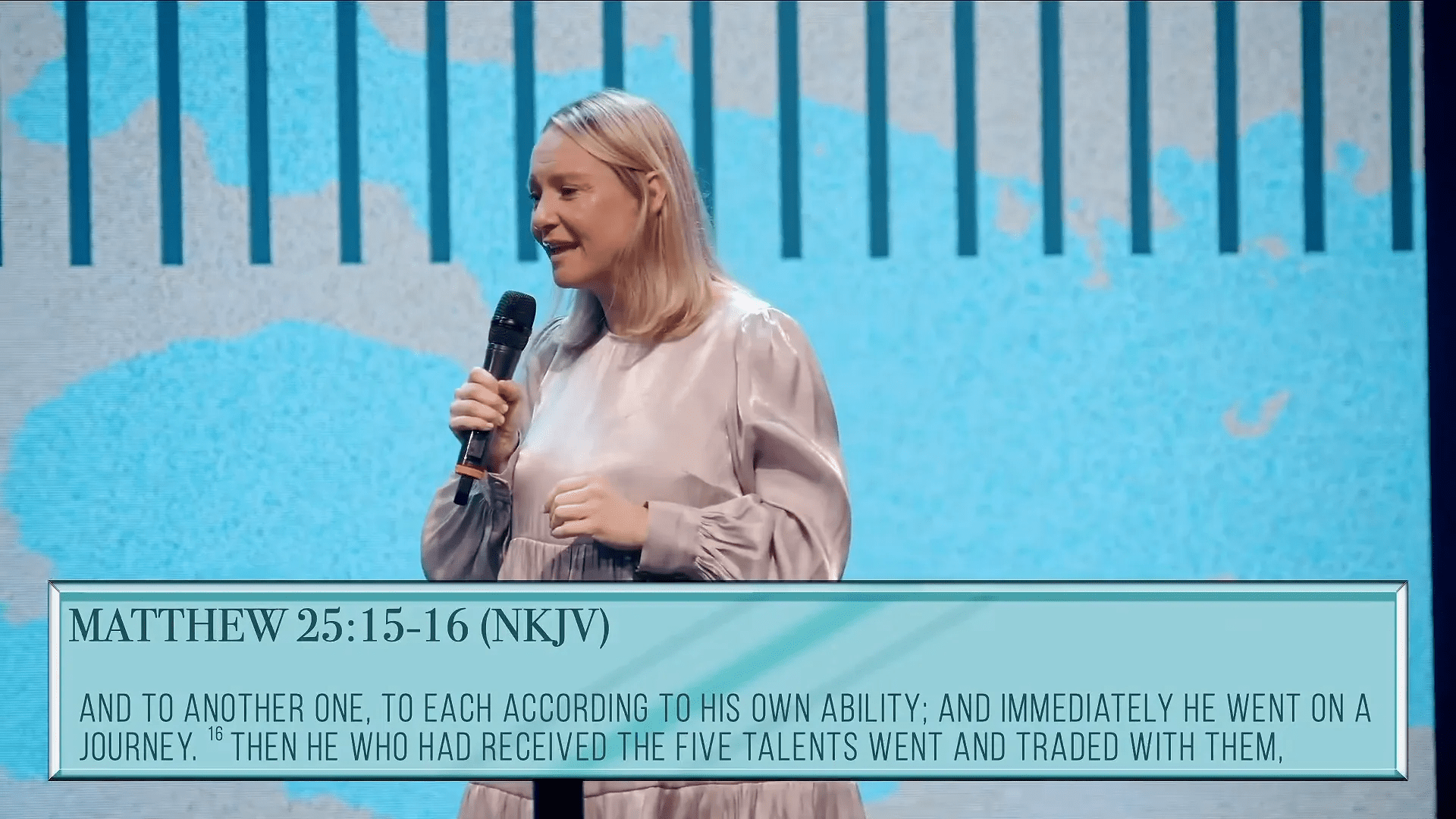
The Good News
The good news of this parable is not just about the distribution of talents but also about the potential within each servant. The master, representing God, has faith in his servants’ abilities to grow and develop what they have been given. This narrative assures us that we are all capable of making a significant impact, regardless of the resources at our disposal.
When the servants who received five and two talents went out and multiplied their resources, they demonstrated initiative, creativity, and diligence. Their actions reflect a proactive approach to stewardship, reminding us that success is often born from taking risks and stepping out of our comfort zones.
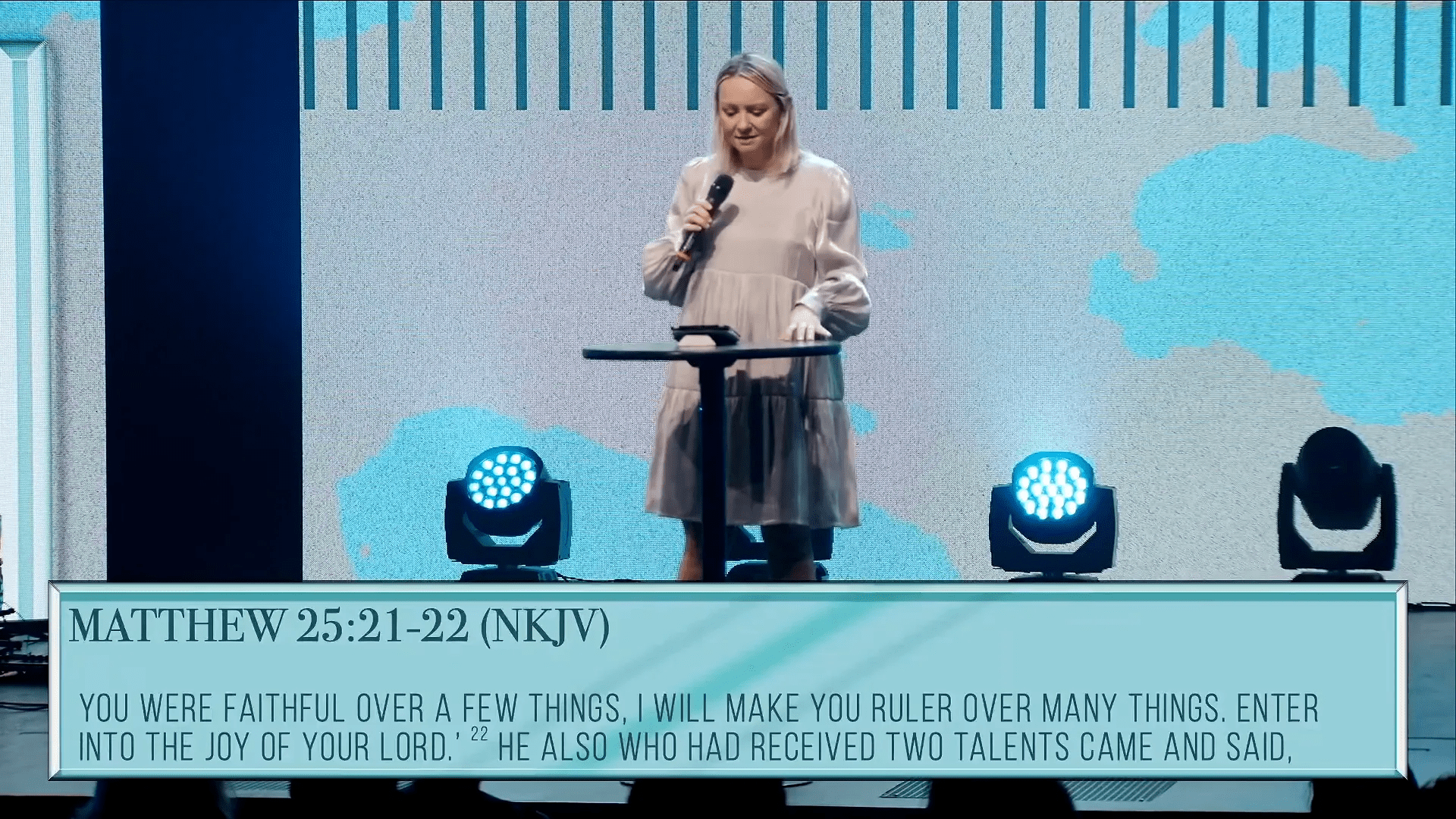
Well Done
Upon the master’s return, he rewards the servants who multiplied their talents with the affirmation, “Well done, good and faithful servant.” This phrase resonates deeply, highlighting the importance of faithfulness in stewardship. It is not merely about the results—it’s about the heart and effort behind the actions.
This affirmation indicates that God values our faithfulness over the amount we produce. When we commit to managing our resources with integrity and purpose, we align ourselves with divine principles. The joy expressed by the master serves as a reminder that our efforts do not go unnoticed; they are celebrated in the kingdom of heaven.

Three Questions
To transform our mindset from ownership to stewardship, we must reflect on three critical questions:
- Do I trust the idea that it all belongs to Him? Recognizing that everything we have is a gift from God requires a leap of faith. It invites us to surrender control and embrace a stewardship mindset.
- Will I release control and change my role from owner to steward? Understanding our role as managers rather than owners can free us from the burdens of anxiety and self-reliance. It encourages us to seek guidance and wisdom in our decisions.
- Am I trustworthy, and would I hire myself? This question prompts us to evaluate our stewardship practices. It encourages self-reflection and accountability in how we manage time, resources, and talents.

Best Part
The best part of embracing stewardship is the opportunity for creativity and growth. Just as the servants in the parable took what they had and made something greater, we too can explore our unique abilities to create value in our lives and communities.
Stewardship is not merely a responsibility; it is an invitation to engage fully with the gifts we have. The journey of stewardship encourages us to be disciplined, innovative, and proactive. As we see progress and results, we experience joy and fulfillment in our efforts, echoing the master’s delight in our actions.
